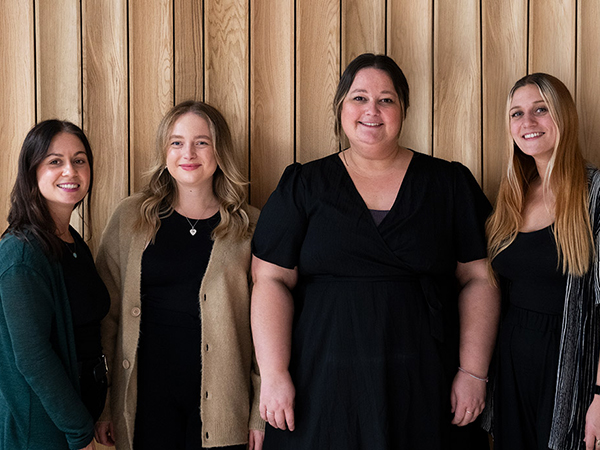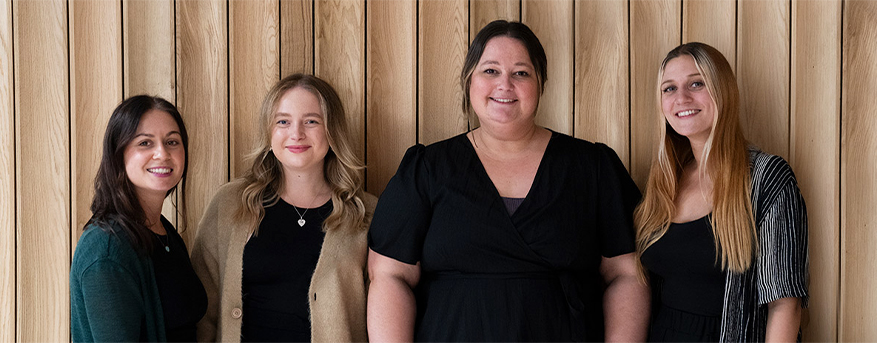Things to see & do in Cappadocia
Cappadocia is one of Turkey’s most iconic destinations. It’s part of Central Anatolia, the Turkish heartland separated from the Mediterranean by the Taurus Mountains, through which the famous St. Paul’s Trail wends its way. The scenery is bewitching, studded with fairy chimneys and honeycombed with caves – so no surprises that Cappadocia ranks among the world’s top locations for hot air ballooning. And the culture is unique, and rich: vast underground cities, painted churches carved into rock, ancient vineyards. Whether you’re touring with a local guide, or trekking its mountains and valleys, Cappadocia is sheer joy to explore.
Go to Göreme
The town of Göreme is the usual base for walking trips, as well as hot air ballooning. It lies amid a fantastical landscape shaped by water erosion and volcanic activity. Cones, needles and columns jut upwards from soft rock scooped out for cave dwellings and subterranean sanctuaries in times of war. An open-air museum here contains a number of rock-hewn churches and monasteries dating between 900AD and 1200AD, with well-preserved Biblical frescoes on the walls.
If you’ve ever wanted to take a hot air balloon ride but have been saving it up for somewhere special, do it in Cappadocia. There will be dozens, perhaps hundreds, up in the sky with you – an incredible sight. Apart from sightseeing by air, the main joys in the region come from trekking, and exploring the unusual architecture. However, there are also options to take a reinvigorating Turkish bath, visit a traditional rug workshop (the rugs of Anatolia are among the finest in the world, and there are many small family-run weaving factories in Cappadocia that you can support), or even try your hand at pottery and cookery classes.
Subterranean sanctuaries
During the Byzantine era, persecuted Christians in Cappadocia dug deep into the region’s soft rock to create vast underground cities, networks of caves and tunnels to protect themselves from raiding armies. Several of these structures, which feature communal living spaces, kitchens, churches, graveyards and even stables can be explored. Amazingly, there are some 36 known underground cities in Cappadocia, with the most visited being Kaymakli, where you can see the fortifications erected to protect the inhabitants, and Derinkuyu. Some of the cities extend as deep as seven levels, and were still in use up to the early 20th century.Cappadocia walking holiday in Turkey
Trek the unique and fairytale landscape of Cappadocia
From
£1949 to £2349
8 days
inc UK flights
Turkey cultural tour & gulet cruise holiday
Classical Turkey highlights & relaxing Gulet cruise
From
£1061 to £1104
13 days
ex flights
Turkey small group holidays
Beat the crowds and visit Turkey in tranquility
From
US $4300
11 days
ex flights
Turkey small group holiday
Experience stunning sights & tantalising tastes of Turkey
From
£2092 to £2980
15 days
ex flights
Turkey highlights holiday, in comfort
Unveil the beauty of Istanbul and beyond
From
US $1553 to US $3100
10 days
ex flights
Walking in Cappadocia holiday
Discover Cappadocia and central Turkey
From
£695 to £1140
8 days
ex flights
Contact Us

Call us for a chat about our holidays. We are happy to discuss your holiday and help in any way we can. No bots, queues or awful hold music.
01273 823 700
Call us until 6pm
Calling from outside the UK

Walking in Cappadocia
With such unusual scenery and culture, many visitors to Cappadocia prefer to explore on foot. Cappadocia walking holidays are sublime, with popular destinations including the Dali-esque rock formations and fairy chimneys of the Akvadi (White Valley), where hoopoes and Eurasian foxes wander; Guvercinlik Valley, where the local people raise pigeons to collect their droppings as fertiliser; and of course the Göreme Valley, with its painted cave churches, built around 1000AD and with many elaborate Byzantine frescoes still intact.
“From day one the holiday had so many different memorable experiences, but not many can compare with the early morning balloon trip. This is a fantastic destination and so much to see and do. Good shoes with good grip, poles and a water bladder are a must.” – Martin Cox on a Cappadocia walking holiday
Vineyards dot the Pancarlik Valley, where you might pause for a tasting, while the Kizilcukur Valley is a spectacular place for a sunset, the light working miracles on the valley’s pastel rock walls, which undulate like waves. Those up for a challenge can hike up Bozdag, which at 1,300m is Cappadocia’s highest point, passing hermit dwellings carved high up in the rock face. And if you prefer two wheels to two feet, you can mountain bike through the aptly named Rose Valley with its pink hues, or around the mushroom-shaped rocks of Love Valley.
Best time to visit Cappadocia
Central Anatolian summers tend to be hot and dry. While you can visit all year round (the valleys are wonderfully picturesque beneath a crisp blanket of snow in winter), the best time to visit Cappadocia, especially for trekking, is either side of summer. Between April and May, and September and October, the weather and temperatures are glorious, with cool nights and little fear of rain.





























